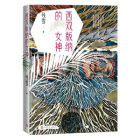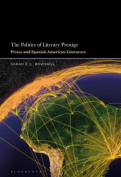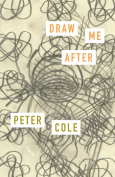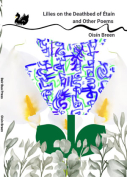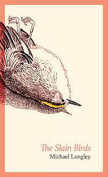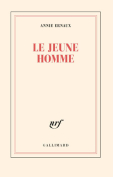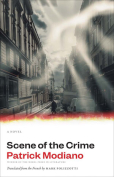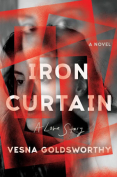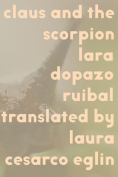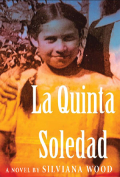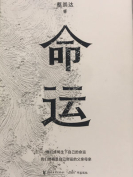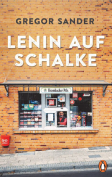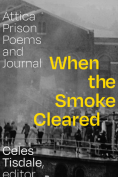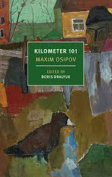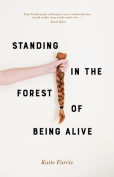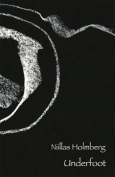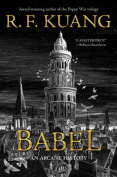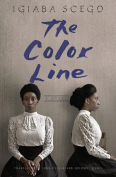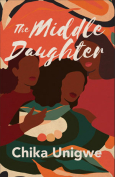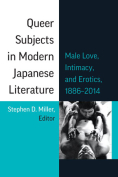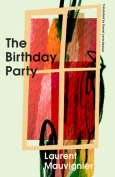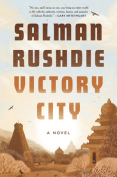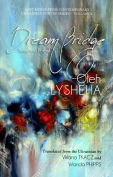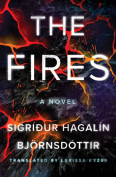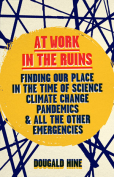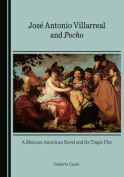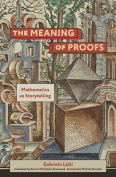Victory City by Salman Rushdie
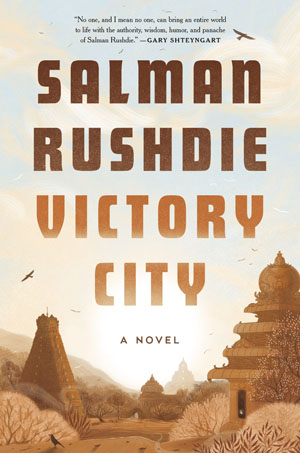 New York. Random House. 2023. 352 pages.
New York. Random House. 2023. 352 pages.
Pampa Kampana, the demigoddess of Victory City, Salman Rushdie’s incredible new novel, envisions the kingdom she builds from enchanted seeds and whispers as a first-rate utopia. Women treated on a par with men, the flourishing of the arts, religious tolerance in perpetuity. Pampa will live for 247 years. In that time, the kingdom, known to all as Bisnaga, will pass through the hands of a series of rulers, some progressive, others bigoted, all of them men. Bisnaga thrives, falters, picks itself up again, enjoys a few golden ages (some long-lived, others transient), and then wastes away beyond repair.
Pampa’s “immortal masterpiece” in verse, the Jayaparajaya, survives to tell the history of Bisnaga “from its creation to its destruction.” Victory City is presented as a retelling of the events recorded in Pampa’s poem. Its author, we are informed, is “neither a scholar nor a poet but merely a spinner of yarns . . . who offers this version for the simple entertainment and possible edification of today’s readers.” Fortunately for us, Rushdie is a terrific raconteur.
Bisnaga is an exaggerated, occasionally Marvelesque rendition of Vijayanagar, the historical empire that covered a significant swathe of South India between the fourteenth and sixteenth centuries. Rushdie shakes it to life through an extraordinary admixture of facts and religious lore (the Ramayana and the Mahabharata being Rushdie’s most obvious, constant sources of inspiration); side-splitting jokes and instructive asides; people real and fictional (the first two kings of Bisnaga, Hukka and Bukka, are based on the real Sangama brothers, the cowherds-turned-founders of Vijayanagar); and a ladleful of magic.
At the time of its birth, when Bisnaga is still empty of people, Hukka and Bukka sit atop a mountain, surveying the cityscape. Their subjects emerge from the earth “shaking the dirt off their garments and thronging the streets in the evening breeze. Stray dogs and bony cows walked in the streets, trees burst into blossom and leaf, and the sky swarmed with parrots, yes, and crows.” Within a day, the city is socially functional. The people of Bisnaga behave as if “they possessed memories and histories, and formed a long-established community, a city of love and death, tears and laughter, loyalty and betrayal.” It is a delightful passage. World-building made flesh for the reader.
Victory City, like Midnight’s Children, Rushdie’s Booker Prize–winning novel, revels in magical realism. There are shapeshifters; pink monkeys with colonial ambitions; a well-meaning panther; spying birds; and an enchanted forest where “the conventions of the outside world lost their meaning and melted away.” Yet for all its fantastical elements, Victory City remains deeply invested in the real world. Bisnaga, after it comes to be ruled by the disowned fanatical son of Pampa and Bukka, Hukka the Second, recalls the fissiparous state of present-day India: “tensions between communities were running high. Now there were areas of town where it was not safe for the one-godly to go, and there were unprovoked attacks at night.” Hinduism becomes the religion of the hour. Dissent is quickly quashed. Hukka the Second’s reign does not bode well for women either. “A woman’s place,” he declares, “is, and will henceforth be, in the home.” Pampa and her daughters leave Bisnaga.
This grim state of affairs does not last forever, thanks to the novel’s brisk linearity. Resistance grows. A sect with “an inclusive kindly syncretist worldview” racks up followers. (Its members will occupy some of the highest positions in the empire.) Pampa returns to Bisnaga to persuade the people and the new king, Hukka the Second’s son, that “the cultured, inclusive, sophisticated narrative of Bisnaga that she was offering them was a better one than the narrow, exclusionary, and, to her way of thinking, barbarian official narrative of the moment.”
Forty years to the fall of Bisnaga, Pampa becomes the victim of a terrible lie and has her eyes put out by hot iron rods. Reading about Pampa’s fate, I couldn’t help but think of the vicious assassination attempt Rushdie suffered last August in Chautauqua, New York, which cost him the sight in one eye. Was the attack linked to the fatwa Iran’s late supreme leader, Ayatollah Khomeini, issued against Rushdie following publication of his controversial 1988 novel, The Satanic Verses? It’s unclear. His attacker never read the book. Whatever animus he has toward Rushdie reportedly sprang up after he watched videos of him on YouTube. Pampa, as she begins to recover, concedes that “yes, a terrible thing has happened to her, but life on earth was still plenteous, still good. She was blind but she could see there was light.” Pampa presses on with her writing of the Jayaparajaya, whose final words are also Victory City’s most powerful message: “Words are the only victors.”
On a good day in the near future, I can see Rushdie, who is now back on Twitter after months of convalescence, cribbing Pampa’s words, filching her defiant optimism, which has also been his—for most of his life, anyway.
Yagnishsing Dawoor
Port Louis, Mauritius
